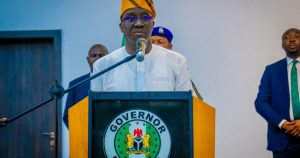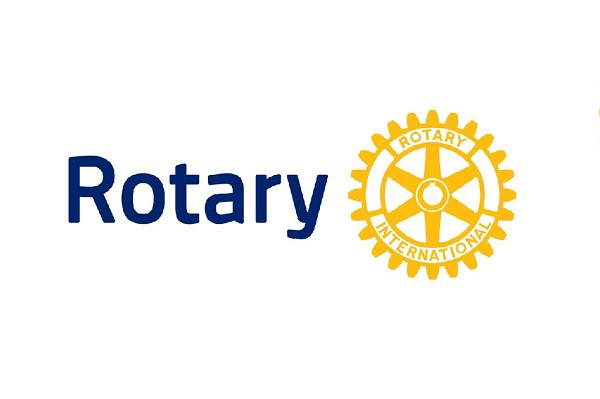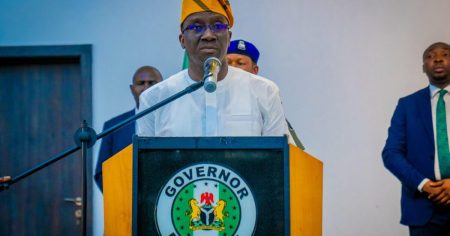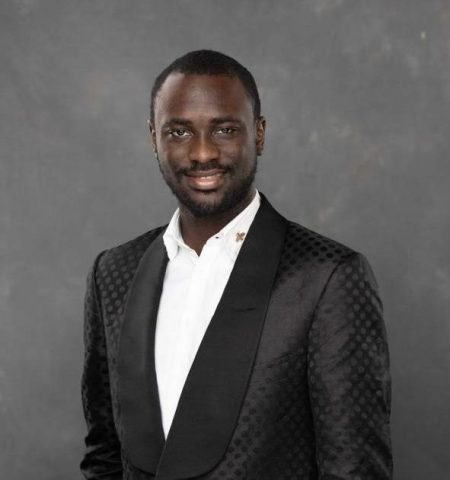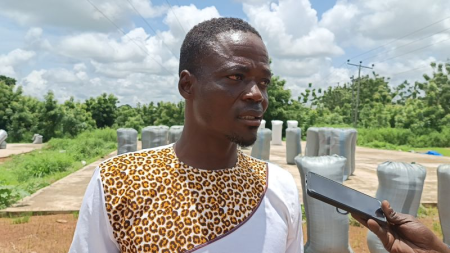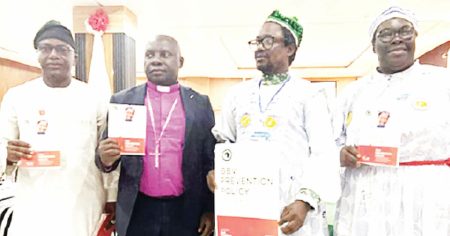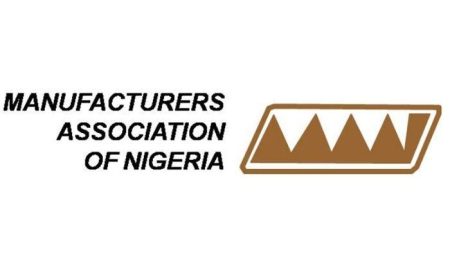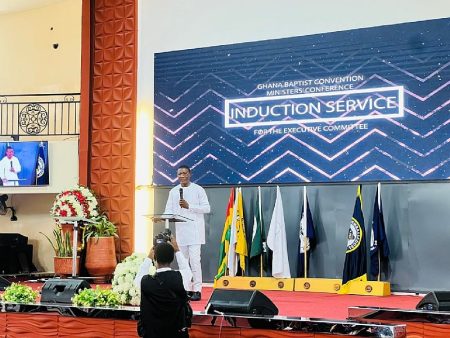Rotarian Chigozie Iwegbulam, the newly installed 22nd President of the Rotary Club of Umudike Central, has unveiled an ambitious agenda for her tenure, focusing on community development across four key areas: education, healthcare, economic empowerment, and environmental sustainability. Her “Sacred Trust” initiative outlines a series of impactful projects totaling over N9 million, designed to address pressing needs within the local community and create lasting positive change. Iwegbulam’s leadership signals a growing trend of community-led development in Nigeria, where local organizations are stepping up to tackle systemic challenges through grassroots action. Her commitment to service underscores the Rotary Club’s enduring mission of “Service Above Self.”
The cornerstone of the “Sacred Trust” agenda is a commitment to restoring dignity in education. This translates into a N3.2 million project focused on renovating a dilapidated six-room toilet block at Umuaraga Umudike Primary School. This crucial investment aims to improve sanitation and hygiene for young pupils, fostering a healthier and more conducive learning environment. By addressing this fundamental need, the project seeks to enhance the overall quality of education and empower students to reach their full potential. This initiative reflects a broader recognition of the vital role that adequate infrastructure plays in supporting educational success.
Recognizing the critical need for accessible healthcare, President Iwegbulam has also prioritized a N2 million mobile health outreach program. This initiative will bring essential healthcare services directly to underserved communities in rural areas, bridging the gap in access to preventive care, medical screenings, and treatment. The mobile outreach model aims to overcome geographical barriers and provide vital medical attention to those who may otherwise lack access to healthcare facilities. This project underscores a commitment to health equity and improving the overall well-being of the community.
Economic empowerment is another key pillar of Iwegbulam’s agenda. A dedicated N3 million fund will support vocational training and provide starter kits for rural women and men. This program aims to equip individuals with the skills and resources needed to create sustainable livelihoods, reduce poverty, and contribute to economic growth within their communities. By empowering individuals with the tools for economic independence, the project seeks to foster self-reliance and enhance the overall economic prosperity of the region.
Environmental sustainability is also a central focus of the “Sacred Trust” initiative. An N800,000 allocation will support a grassroots environmental movement focused on tree planting, community clean-up efforts, and eco-education campaigns. These initiatives aim to promote sustainable practices, protect the environment, and create a healthier future for generations to come. By engaging the community in environmental stewardship, the project fosters a shared responsibility for environmental protection and promotes a culture of sustainability.
The installation ceremony, held in Umuahia, the Abia State capital, was marked by a sense of optimism and renewed commitment to service. Outgoing President Rotarian Chinyere Offor reflected on a successful year of community service and inter-club collaborations, expressing confidence in the new leadership. Professor Vince Asor, Chair of the Installation Committee, emphasized the Rotary Club’s core values of integrity, fellowship, and community impact, highlighting the organization’s role as a catalyst for positive change. The induction of new members and the inauguration of the new Board of Directors signaled a reinvigorated commitment to service for the 2025/2026 Rotary year.
Iwegbulam’s “Sacred Trust” agenda represents a powerful example of community-led development in action. By focusing on addressing critical needs in education, healthcare, economic empowerment, and environmental sustainability, the Rotary Club of Umudike Central demonstrates the vital role that civic organizations can play in driving positive social change. These initiatives offer scalable models for collaborative impact and civic responsibility, inspiring broader regional and international engagement. As Nigeria grapples with various challenges, such as infrastructure deficits, unemployment, and environmental degradation, initiatives like these offer hope and demonstrate the power of local action to create a better future.




